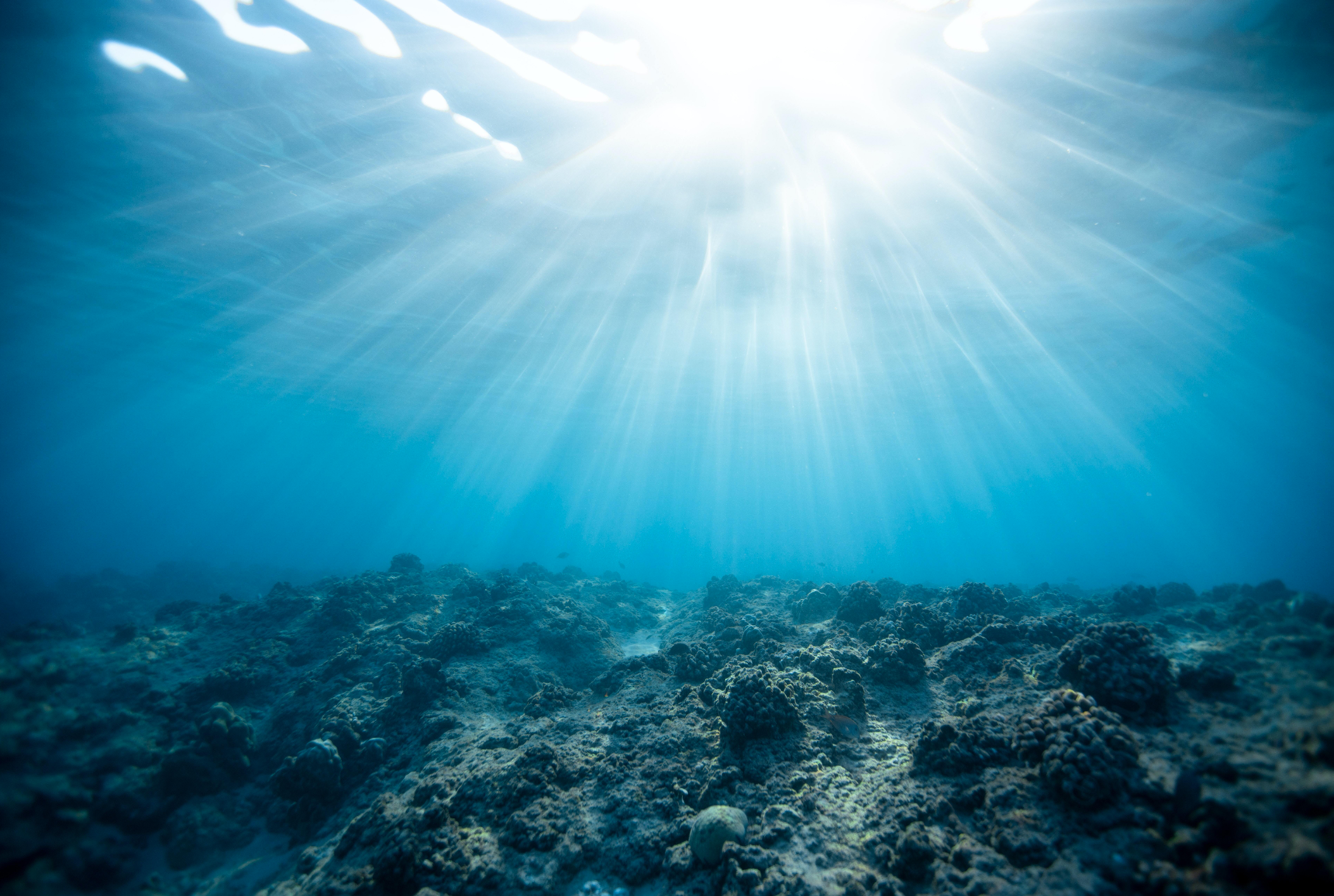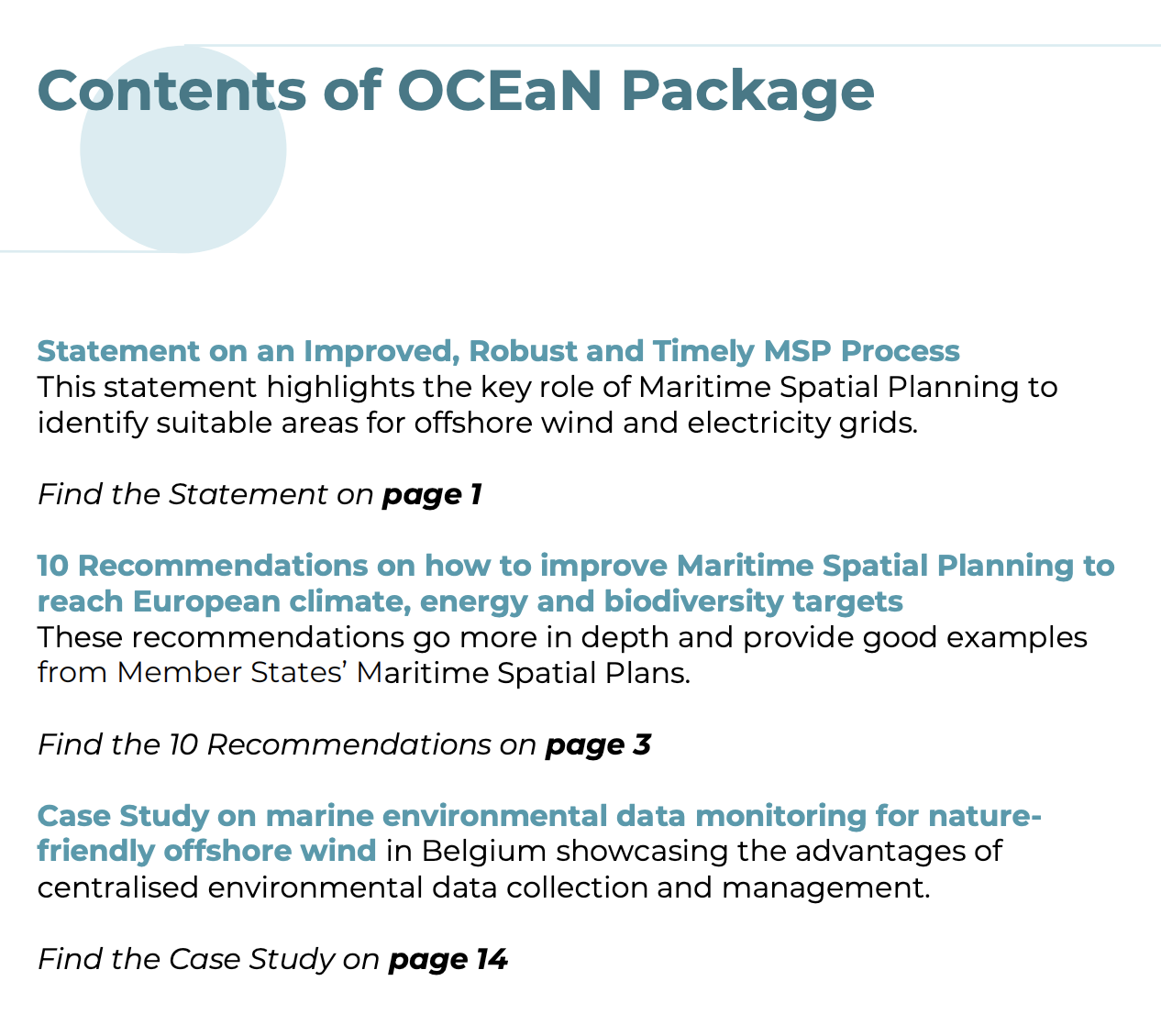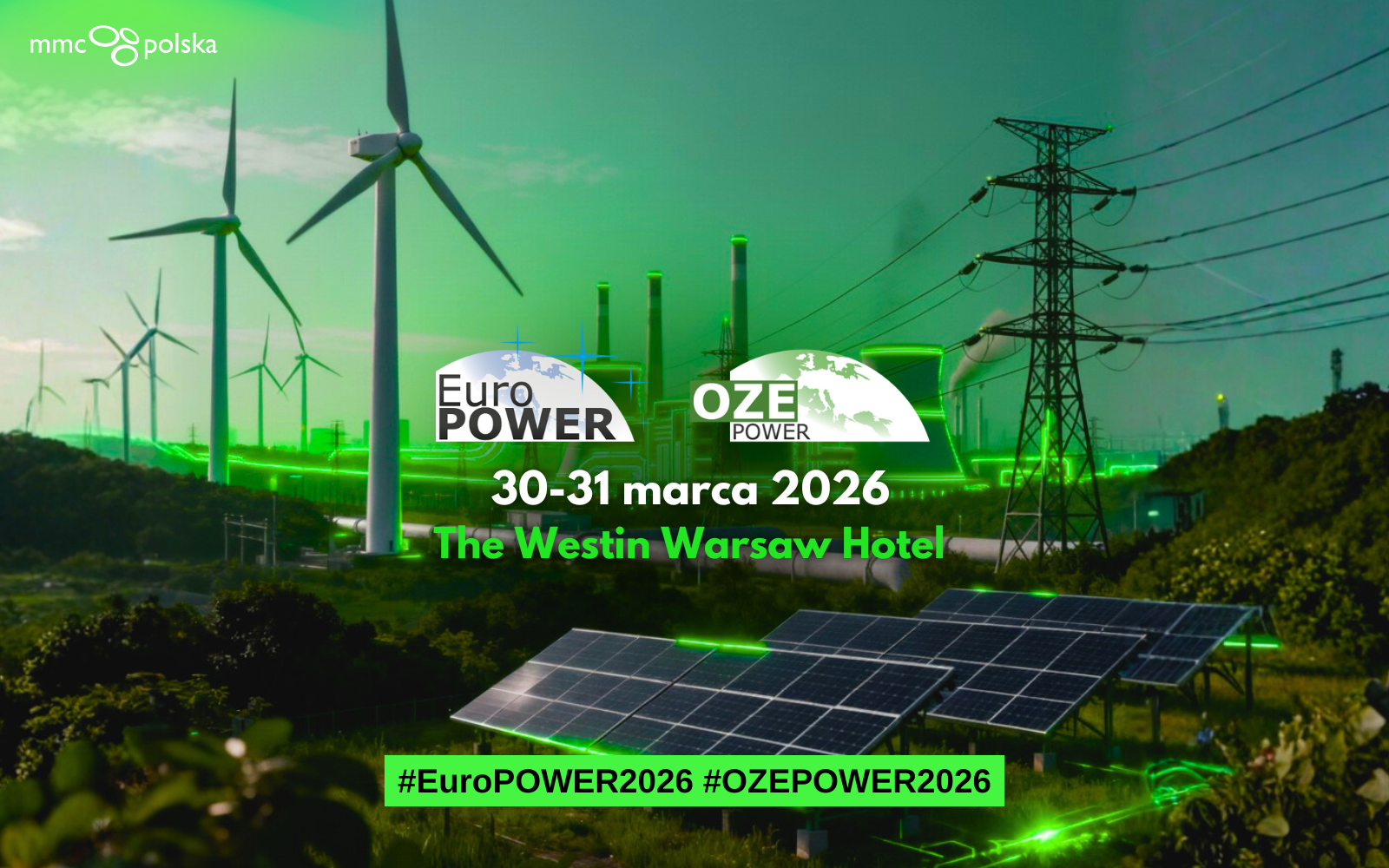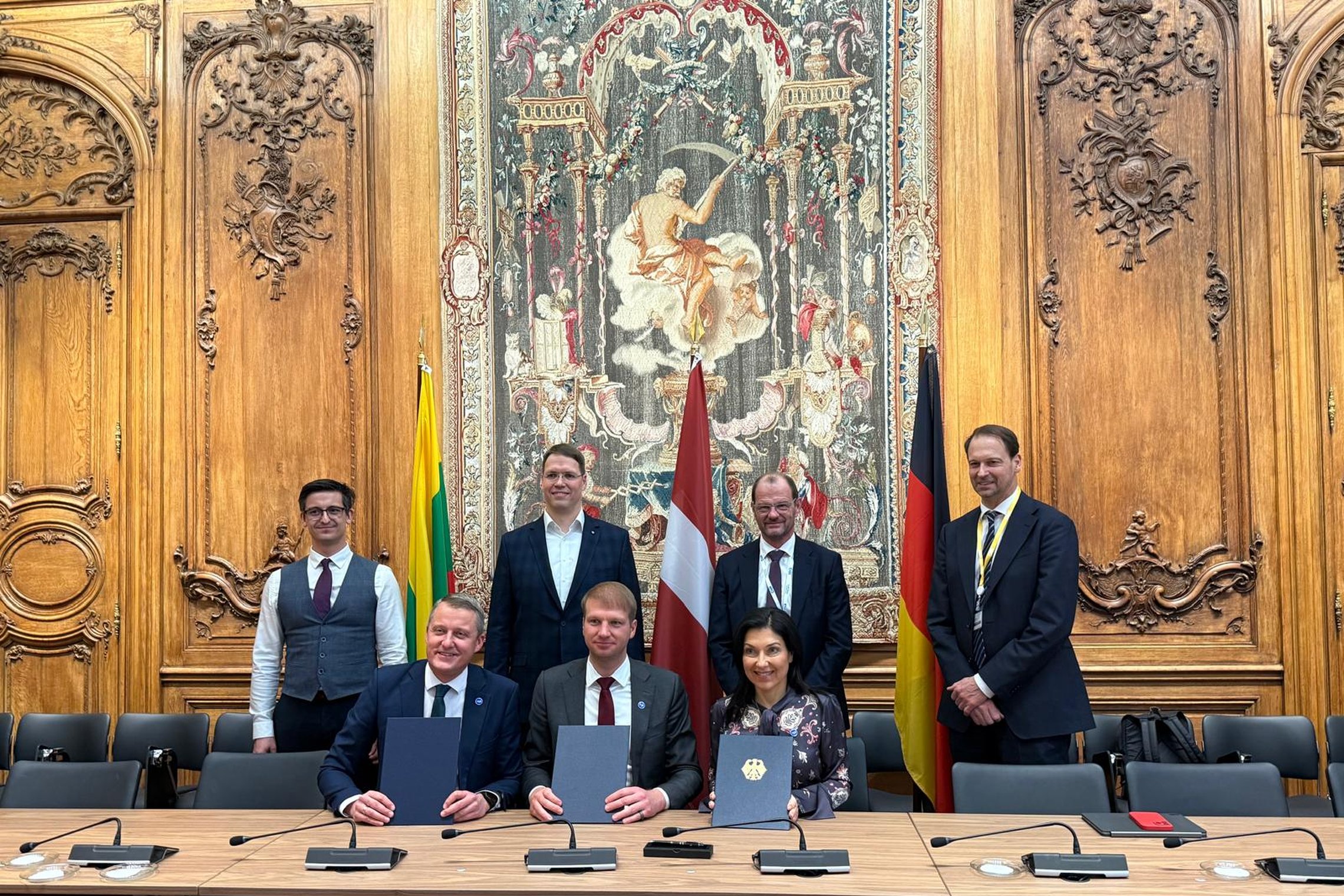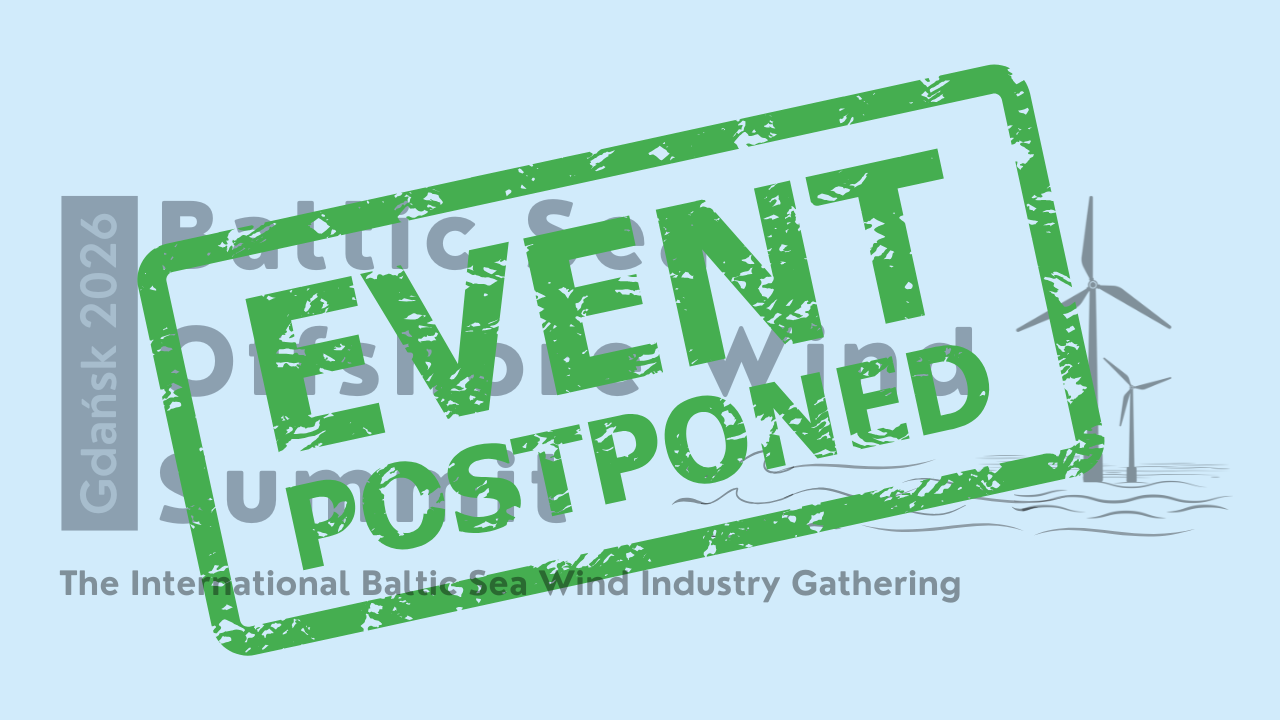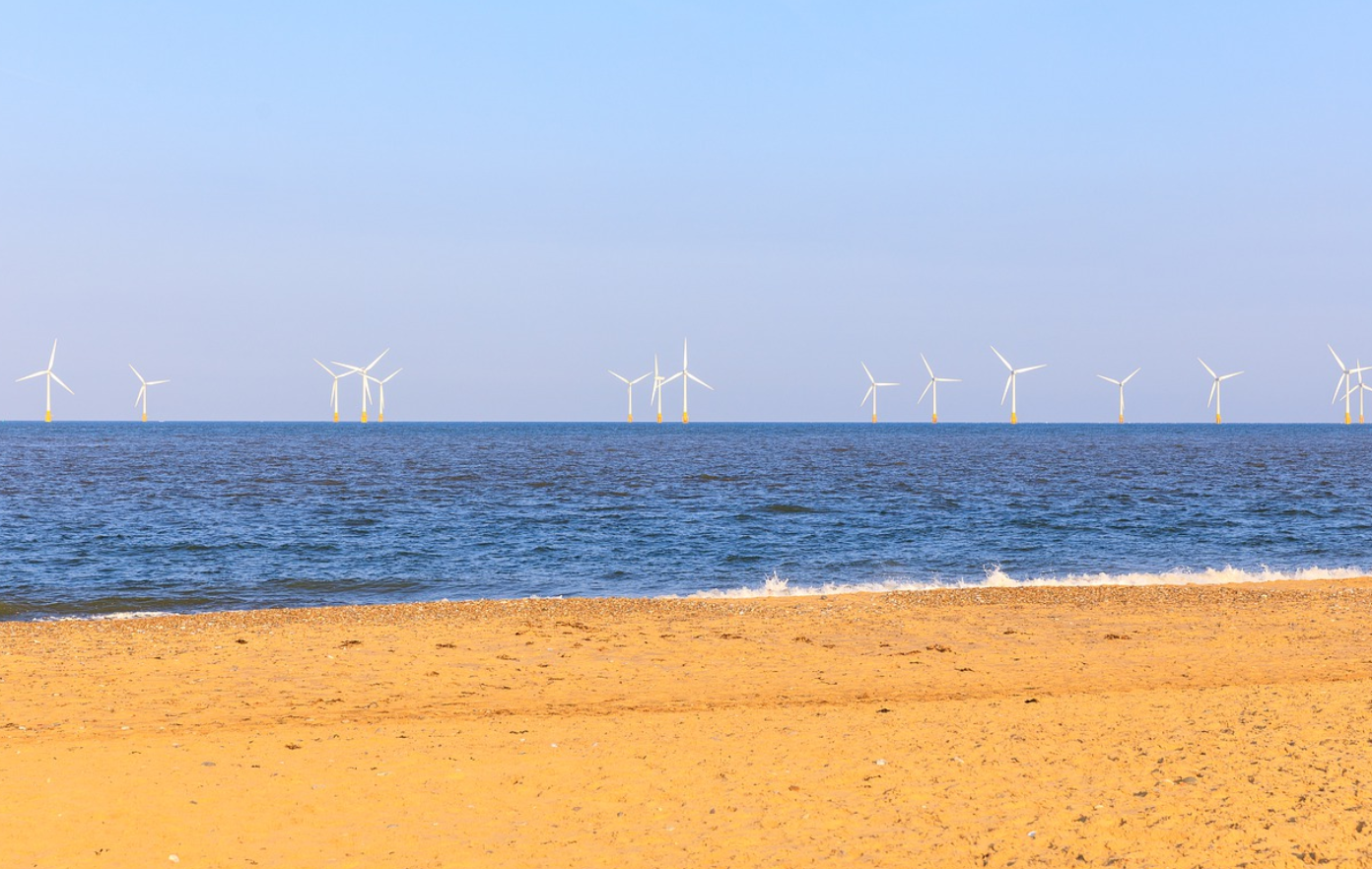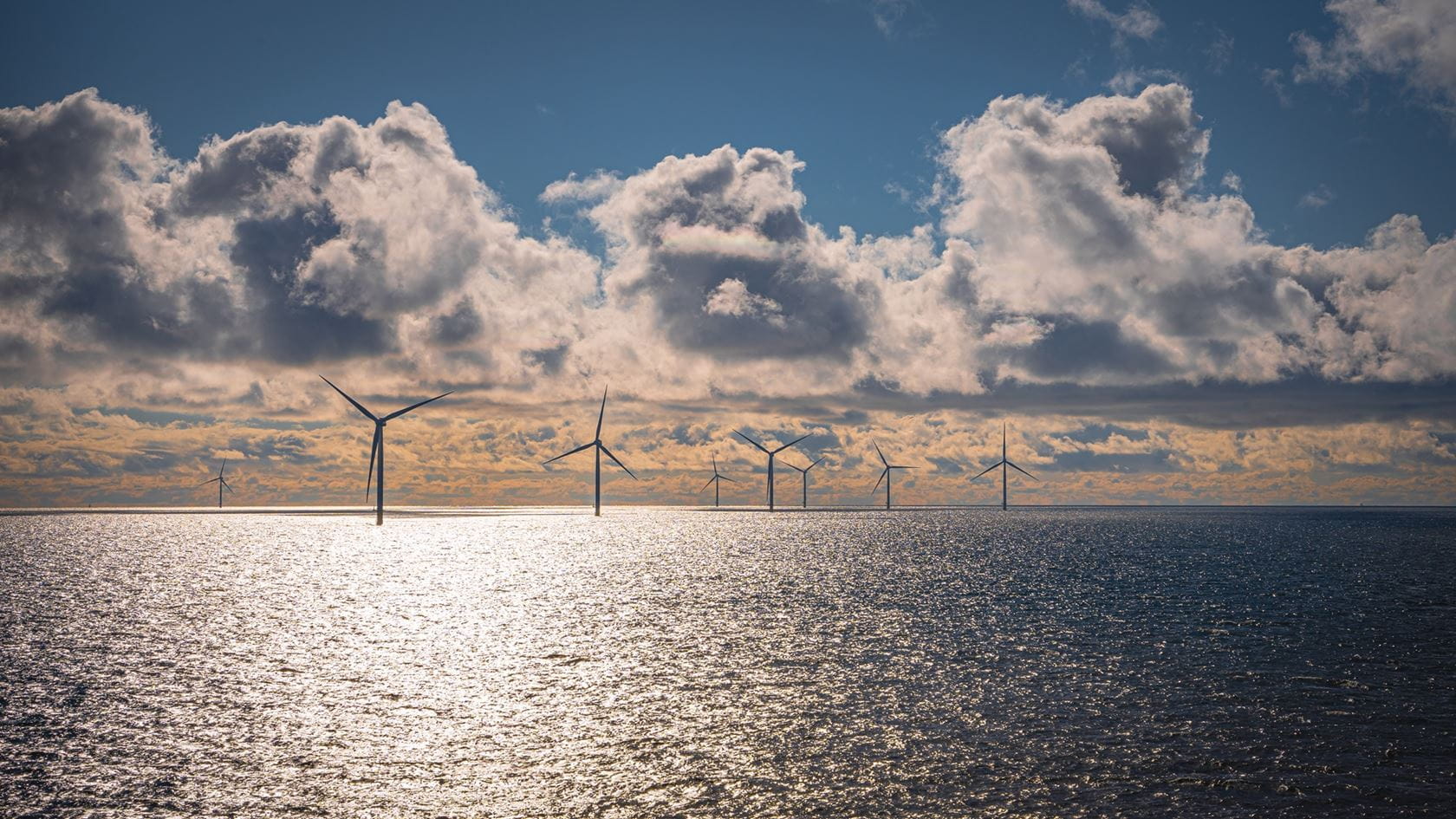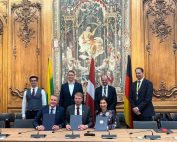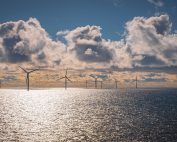At a joint conference on nature positive offshore energy infrastructure hosted by Renewables Grid Initiative (RGI) and WindEurope, the Offshore Coalition for Energy and Nature (OCEaN) confirmed that it is possible to speed up offshore wind and related electricity grid deployment while protecting and restoring nature.
Offshore wind and related electricity grid infrastructure are imperative to reach Europe’s climate targets and strengthen its energy independency. Simultaneously, marine ecosystems – which are already vulnerable – must be protected from further stress caused by climate change and the pressures of traditional and new economic activities. Thorough planning is vital to allocate space to those activities which are most needed and least detrimental to the environment, in line with climate, conservation and restoration objectives.
The REPowerEU Plan calls on Member States to identify dedicated areas in which renewable energy sources can be built with low environmental risks. In those areas permitting procedures could be fast-tracked. For marine areas, Maritime Spatial Planning (MSP) is already the essential tool for an integrated spatial allocation of human activities in line with EU economic, environmental, and social objectives. It enables inclusion and assessment of a complex variety of aspects, such as interactions between traditional and emerging sectors (i.e. offshore renewable energy (ORE)) and environmental protection and restoration needs. Therefore, the members of the Offshore Coalition for Energy and Nature (OCEaN) strongly support an improved, robust and timely MSP process. This will speed up ORE, support the decision-making process for spatial allocation, and also reduce investment risks and project delays.
In this context, the OCEaN members recommend a number of principles to be considered by all EU Member States – please find them below. A longer document with 10 recommendations can be downloaded here.
Antonella Battaglini, CEO of RGI, underlines the importance of collaboration, scale and speed in deployment of necessary marine energy infrastructure in parallel with active restoration measures, saying:
“Both, infrastructure and restoration need to be planned for entire sea basins, this will lead to optimisation of resources and space utilisation as well as stronger and more effective environmental protection. The collaborative work within OCEaN will be essential for this.”
Giles Dickson, CEO of WindEurope:
“Europe wants 165 GW of offshore wind by 2030. Today it has only 30 GW. The European offshore wind industry is committed to deliver this expansion while protecting biodiversity and the marine environment. That’s what the OCEaN Coalition is all about – ensuring that our seas will be healthy, clean and productive.”
Messages of support also come from the NGO and TSO communities:
Martin Harper, Regional Director, BirdLife Europe & Central Asia:
“We need a joined up response to tackle the nature and climate emergency. This means we have to find ways to deliver the much needed renewable energy revolution in harmony with nature, for example so that offshore wind farms can coexist with our threatened marine wildlife. There is no point tackling one environmental challenge at the cost of another. That’s why we call on all governments to embrace this challenge and adopt the principles outlined by the OCEaN Coalition.”
Manon van Beek, CEO of TenneT:
“Acceleration of offshore wind is needed, while on the other hand we need to protect offshore flora and fauna. We are convinced that these go hand in hand. In the last few years, our pilots have proven that nature inclusive design successfully contributes to boost underwater biodiversity. Nature inclusive design is more and more our standard in offshore development. Therefore we strongly support an improved, robust and timely MSP process to speed up Offshore Renewable Energy while protecting and improving underwater nature.”
Recommendations: OCEaN principles on an improved, robust and timely MSP process:
Improve application of an ecosystem-based approach in MSP. An ecosystem-based, integrated planning approach is needed to allocate space for renewable offshore energy production in consideration of nature protection needs and other existing activities at sea. If applied correctly, MSP can enable such integrated planning, identify less sensitive areas suitable for energy infrastructure deployment, and contribute to reconciling often conflicting interests and the needs of marine users.
Complement environmental and socio-economic assessments for spatial designation with sensitivity mapping. Spatial designation must be based on robust impact assessments to allow activities to be located in areas where no significant impacts on the marine environment will occur and to balance the various economic interests at sea. Sensitivity mapping tools can inform planning decisions, along with socio-economic assessments, in order to identify best-suited locations for nature protection and energy infrastructure and define mitigation and compensation measures. MSs and the European Commission (EC) should facilitate and enable the application of sensitivity mapping across national, regional and sea basin levels and further explore tools to analyse socio-economic aspects.
Enable cross-border collaboration. Sea basins should be treated as connected entities, creating an added value of basin-scale planning that must be considered. Therefore, EC and MSs should facilitate and implement regional stakeholder cooperation to enable large-scale compensation, mitigation, and restoration measures and a harmonised and cross-basin data sharing.
Continue to implement EU nature law to a high standard. The ‘imperative reason of overriding public interest’ (IROPI) permits project development despite impacts on protected habitats or species, in cases of outstanding importance for the public. This is already allowed by EU nature law. MSs needs to carefully consider its application on a case-by-case basis, after demonstrating such an exception’s necessity and lack of alternatives, alongside mitigation and compensation measures.
Improve stakeholder involvement and create benefits for local communities. As per EU Law requirements, MSs must engage with national and local stakeholders when developing their MSPs. Early-stage and meaningful engagement of civil society must be ensured to gain public support. Furthermore, models for the creation of local benefits are an emerging trend across Europe. They should be further developed – together with local communities.
Adopt a long-term perspective. Incorporating a long-term perspective enables planning reliability, increases planning efficiency, optimises overall resource and spatial use, and reduces impacts on nature. As changes in the marine environment may only be visible after a certain amount of time, the planning system needs to be flexible enough to respond to such new insights. Thus, a learning planning system and adaptive management are essential for ecosystem protection and should be embedded in all MSPs.
Source: OCEaN, WindEurope
